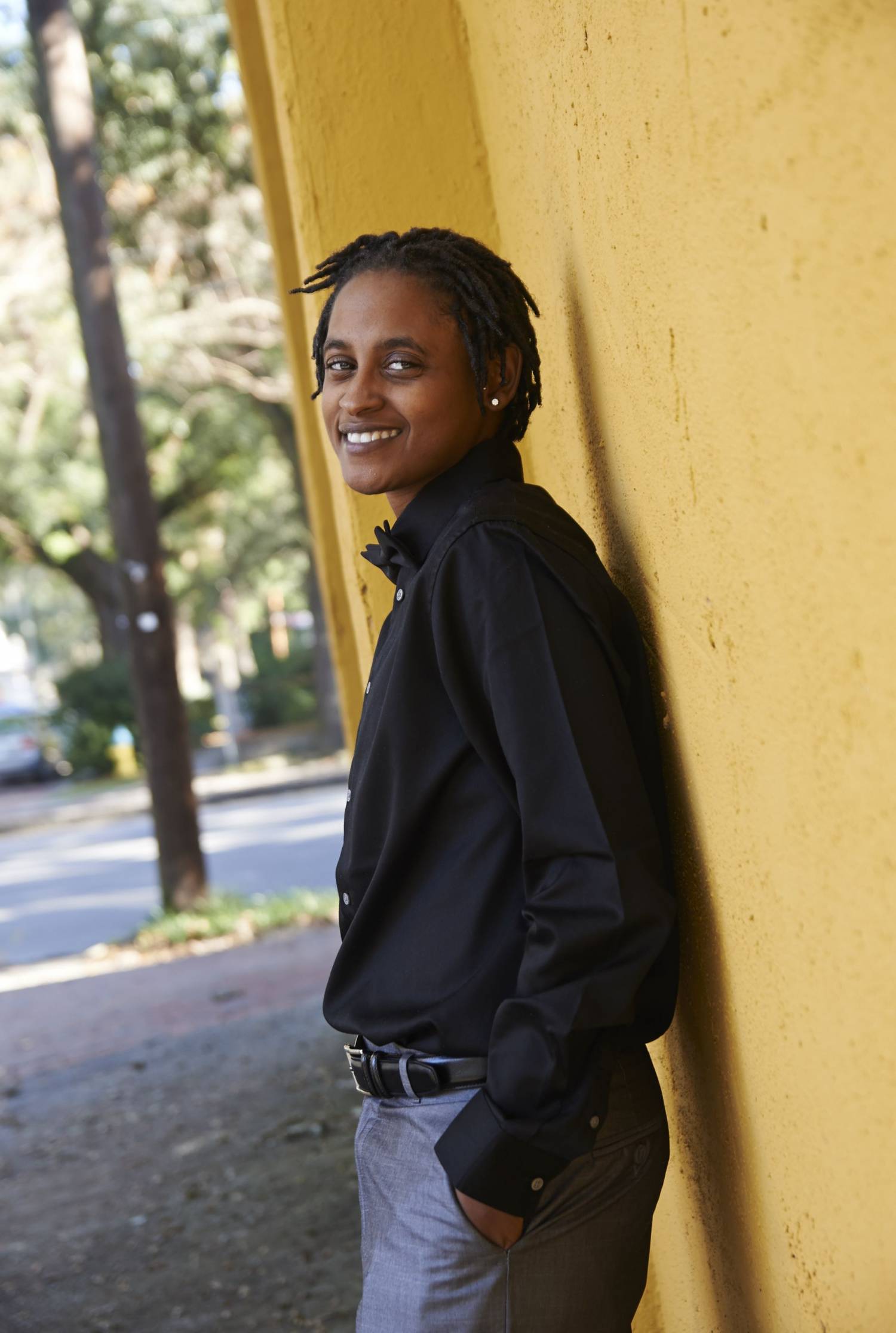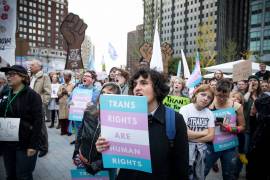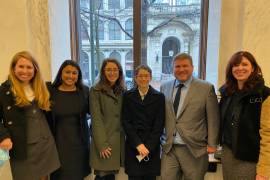Lambda Legal asked the U.S. Supreme Court to review the case of Jameka Evans, a Savannah security guard who was harassed at work and forced from her job because she is a lesbian.
The petition seeks a nationwide ruling that sexual orientation discrimination violates Title VII of the Civil Rights Act.
“It’s time for LGBT people everywhere to be protected against employment discrimination. The ability to put a roof over your head and feed your family is one of the most basic needs, and freedom from discrimination is an essential part of that,” said Greg Nevins, Employment Fairness Project Director for Lambda Legal. “We need the highest court in the land to review this case, consider the vital rights at stake, and settle the issue once and for all to ensure that getting or keeping a job shouldn’t depend on your sexual orientation.”
Several federal courts have affirmed the argument that Title VII of the Civil Rights Act, when properly understood, protects LGBT employees. Most notably, the full Seventh Circuit overruled four of its precedents and ruled in April that Lambda Legal client Kimberly Hively could proceed under the Civil Rights Act with her claim that Indiana-based Ivy Tech Community College discriminated against her because she is a lesbian.
Later this month Lambda Legal will be arguing before the full Second Circuit, which will be reexamining two of its precedents when it hears Zarda v. Altitude Express, the case of a New York skydiving instructor who was fired from his job because he was gay.





